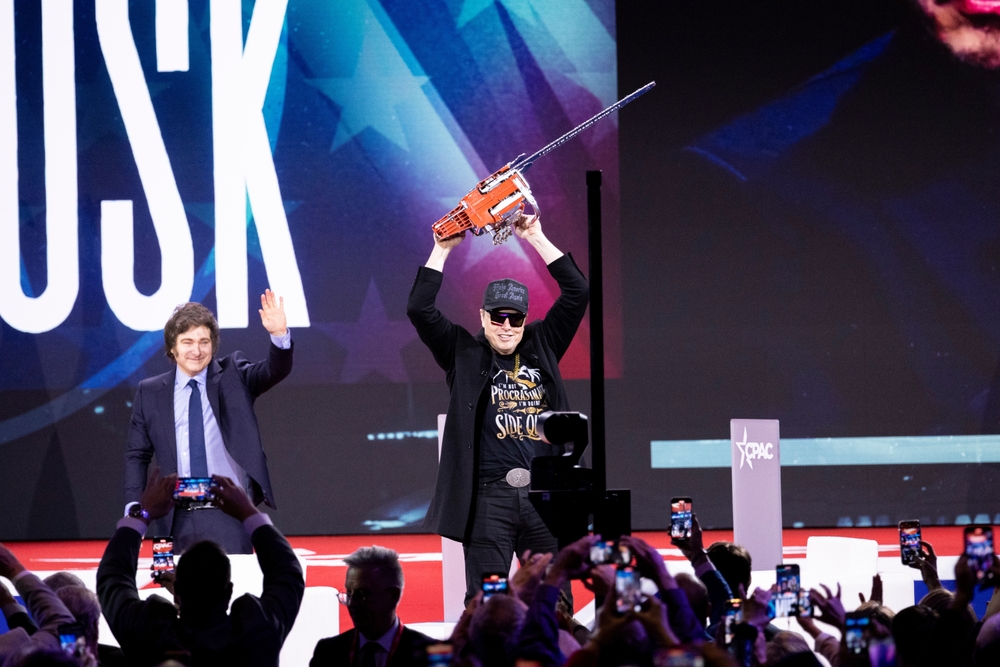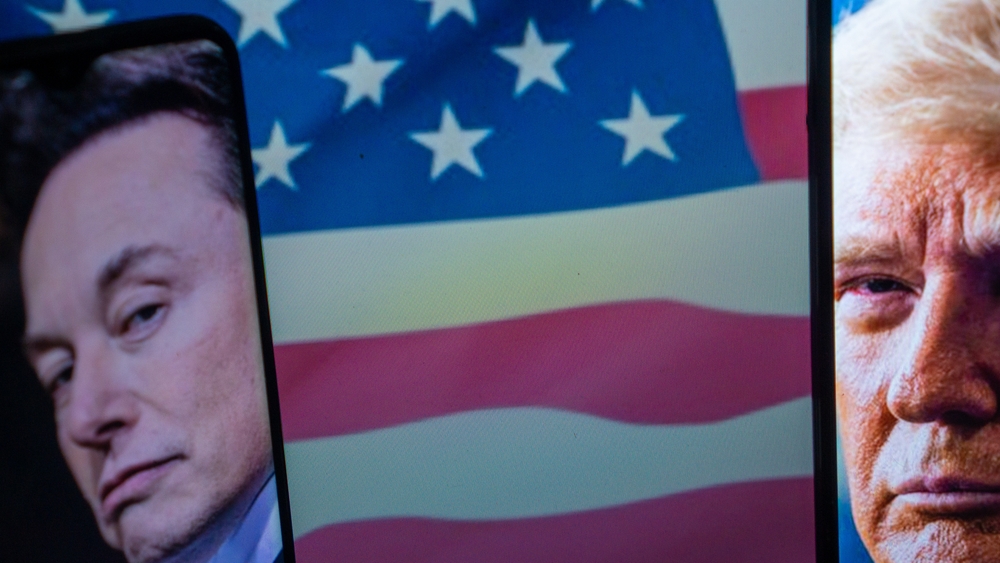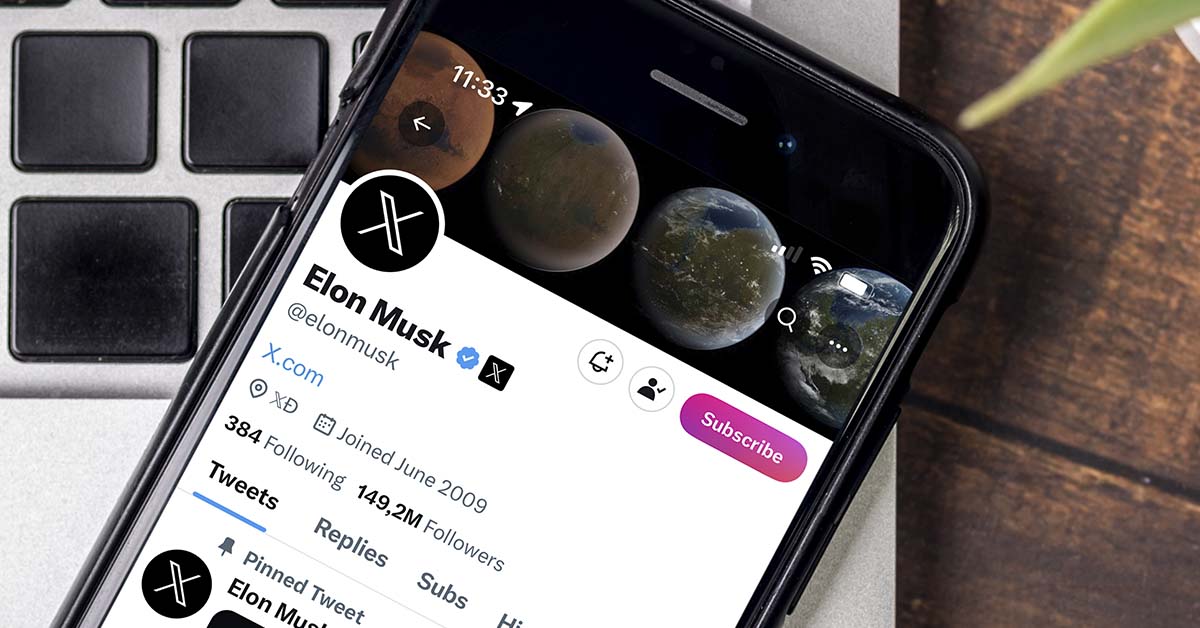Elon Musk rarely backs down from a fight. As the CEO of Tesla and SpaceX and the owner of X (formerly Twitter), Musk has made a career of pushing boundaries. Whether he’s clashing with regulators, making bombshell product announcements, or weighing in on global politics, his words carry weight, and often stir controversy.
Recently, Musk found himself in a headline-grabbing feud with former president Donald Trump. It started with sharp criticism of Trump’s new economic plan, snowballed into social media jabs, and escalated to personal attacks involving Epstein conspiracies and calls for impeachment. But in a surprising turn, Elon Musk admitted he had gone too far.
His public apology and private phone call to Trump marked an unusual moment of restraint. For a figure who rarely walks back public comments, the reversal raised questions. What prompted Musk’s change of heart? And how much did business pressure play a role?
A Disagreement Fueled by Frustration
The clash between Musk and Trump didn’t begin overnight. Tension had been building as their political and economic agendas drifted apart. The conflict erupted when Elon Musk harshly criticized Trump’s “One Big Beautiful Bill.” Musk called it a “disgusting abomination” and argued it would balloon the deficit while slashing electric vehicle subsidies.
He didn’t stop there. Musk took to X and posted a series of explosive remarks. He accused Trump of mismanagement, suggested impeachment, and shared a now-deleted post that linked Trump to convicted sex offender Jeffrey Epstein. These posts shocked many, considering Musk’s previous role as an advisor in Trump’s Department of Government Efficiency.
Observers watched the fallout unfold quickly. Musk’s comments dominated headlines and triggered backlash from political allies, investors, and online followers. The once-useful alliance between the two influential men appeared to have collapsed in full view of the public.
Read More: Bill Gates Blasts Elon Musk, Claims DOGE Is Hurting the World’s Poorest Children
From Attack to Apology
Faced with mounting pressure, Musk made a surprising move. On June 11, he posted a statement on X acknowledging his mistake. “Some of my posts went too far,” he wrote. “I got caught up in the moment. That was wrong.”
Behind the scenes, Musk had already reached out to Trump directly. The night before his public statement, he called the former president to apologize. Reports suggest that Vice President JD Vance and White House Chief of Staff Susie Wiles encouraged the call as a way to deescalate the situation.
Trump accepted the apology and responded publicly. “No hard feelings,” he said. “Elon’s a smart guy. He knows when he makes a mistake.” Despite the forgiving tone, sources close to Trump have warned that he rarely forgets insults. While the apology may have softened the blow, it likely didn’t restore the full trust between them.
Is Elon’s Apology a Strategic Retreat or Genuine Regret?
While Musk’s statement seemed personal, many observers believe his decision was also strategic. The feud had begun to affect his businesses. Tesla’s stock dropped following the controversy. Analysts warned that Musk’s unpredictable behavior could jeopardize federal partnerships, including SpaceX and Starlink contracts that rely heavily on government approval.
After Musk issued his apology, Tesla’s stock rose by 2.6 percent in pre-market trading. Investors welcomed the shift, viewing it as damage control. The rebound signaled that financial markets were watching the feud closely and that business interests were tied to Musk’s public image.
Elon Musk may have realized that maintaining access to government contracts and investor confidence mattered more than winning an online disput. By stepping back, he limited the potential fallout and reassured stakeholders.
Read More: Trump’s Latest Approval Ratings Suggest Surprising Support for a Third Term
Power, Ego, and a Fractured Relationship
The relationship between Musk and Trump defies easy definition. Some analysts describe it as a mix of mutual admiration and rivalry, shaped by ego and personal ambition. Others have compared it to a father-son dynamic, with both figures seeking dominance in overlapping spheres of influence.

Their history includes both cooperation and conflict. In 2022, Musk publicly stated that Trump was too old to run for president. Trump responded by calling Musk a “BS artist.” Despite these clashes, they managed to work together again until the recent feud reignited old tensions.
Today, insiders describe their relationship as one of avoidance. While both may benefit from maintaining a public truce, neither seems eager to reestablish a strong alliance. The trust has eroded, and even a formal apology may not undo the damage.
What Comes Next for Musk and Trump?
For now, the dust has settled. Musk has moved on to other projects, and Trump continues his presidential campaign. But the incident remains a cautionary tale about the power of words and the cost of conflict at the highest levels.
Elon Musk’s influence spans business, politics, and technology. His online presence gives him a global voice, but also exposes him to serious risks. When those posts target powerful figures like Trump, the consequences extend beyond headlines.
Trump, for his part, has demonstrated a willingness to forgive, but not always to forget. While he may continue to downplay the incident publicly, his inner circle will likely remain wary of Musk’s future actions.
In a digital world where one post can move markets and reshape alliances, both men will need to tread more carefully. Public figures with massive platforms must balance expression with responsibility and caution. This episode shows how quickly personal expression can spiral into political drama and financial turbulence.

Final Thoughts on Elon Musk’s Apology
Elon Musk’s public admission of regret marked a rare moment of humility. His comments about Trump sparked outrage and confusion. His apology helped dial back the tension, but it also revealed how entangled his personal opinions are with his professional responsibilities.
Musk may have learned that even a tech visionary must recognize limits. In today’s hyper-connected world, reputations can rise or fall based on a single post. As for Trump, the public might see calm, but the real response may unfold behind closed doors.
Read More: Trump May Turn to a Century-Old Law That Could Shake The Nation

